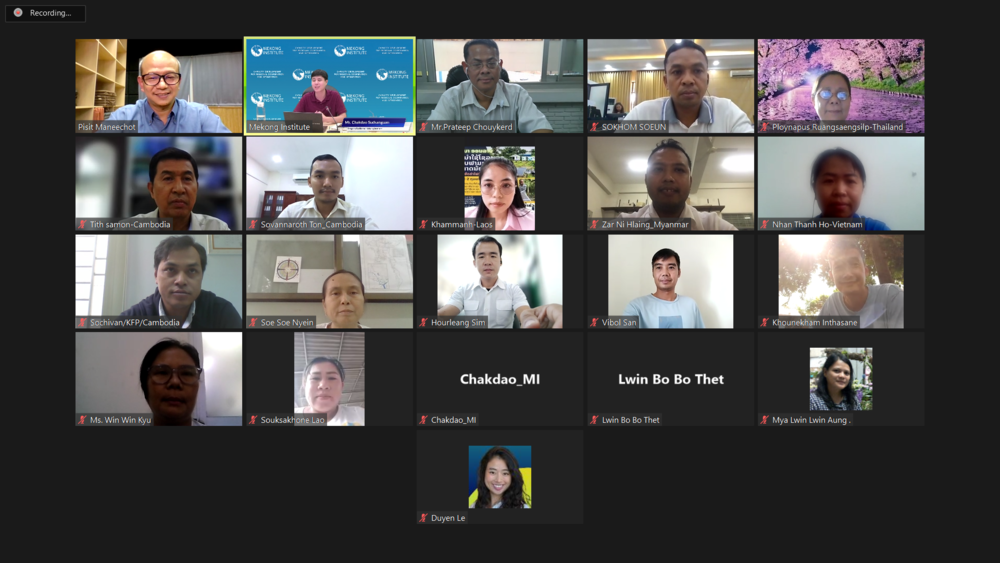Nowadays, the world is facing an energy crisis, global warming, and an economic crisis. To tackle this, understanding and awareness on why renewable energy is necessary for a better future remains critical for the sustainable transition,
stated Assoc. Prof. Dr. Pisit Maneechot
To strengthen and transfer technologies to the community, we need to enhance the basic knowledge starting from its processes and how it links with energy, the environment, the economy, and education as a whole,
he stressed.
The participants were introduced to biomass energy, how to identify challenges and barriers, how to apply and operationalize the technology, the various types of homemade biomass energy, the social and environmental impacts of using small amounts of biomass energy in households, and success case studies.
Besides Myanmar participants, those from Cambodia, Lao PDR, Thailand, and Viet Nam also joined the session to understand more about biomass technology.
It is anticipated that more renewable energy technologies will be applied following the training, which will considerably help the Mekong countries cut down on their energy consumption and create effective agricultural supply networks.








